The Batman director Matt Reeves readily admits that the concept of the character has varied wildly over the years. “It’s an 80-year-old character. Every time you step into it, you’re stepping into something where everybody already has a preconception,” Reeves told The Los Angeles Times. However, the director’s new take may come as a shock to some fans of the legendary superhero. Reeves says that emotionally, Bruce Wayne is stuck at the age of ten years old.
“He is a character who essentially is stunted,” Reeves told The Times. “He’s sort of stuck emotionally at being 10 years old, and that’s exacerbated by the fact that he has this safety net of being incredibly rich. But he chooses to do this very brave, daring, reckless, almost suicidal thing, trying make meaning out of his life by going out and taking the law into his own hands.”
Although nearly every relaunch of the series has touched upon the death of Thomas and Martha Wayne, very few have delved deeply into the actual mental effects of Bruce Wayne’s childhood trauma nor the all but inevitable PTSD he must have incurred. The practically satirical 1966 version, which stemmed from the camp TV series, skirted the issue altogether while the Burton/Schumacher film quadrilogy generally only touched upon the murders in hazy flashbacks with little if any exploration of Wayne’s psyche.
Christopher Nolan’s Batman Begins explores the nature of fear and how Wayne overcomes his childhood phobias but neither it nor its highly praised sequel explored Wayne’s psyche, instead, presenting The Batman’s quest for justice as a crusade to restore Gotham to something better and safer. Reeves’ film, on the other hand, may just put the Bat on the psychiatrist’s couch like no cinematic iteration of the character before.
“One of the great things about Batman is because he doesn’t have any superpowers, it’s extremely psychological. He’s really doing this as a way of coping because something happened to him [in his childhood] that he’s never gotten over. He’s exorcising these demons night after night after night.”
Reeves has explained elsewhere that one of his principal source materials in realizing the script was the late Darwyn Cooke’s Ego: A Psychotic Slide Into the Heart of Darkness — a complex psychologically charged tale where the hero questions the very nature of his own existence and must come to terms, both mentally and physically with his two identities. “He’s confronting the beast that is Batman, and there’s a kind of duality,” Reeves told fans at 2020’s DC FanDome conference.
While fans shouldn’t expect The Batman to be a direct adaptation of Ego — the source material features The Joker as opposed to The Batman‘s nemeses, Catwoman and Penguin for one thing —they can definitely expect that the film will explore Bruce Wayne coming to terms with the exact nature of what The Batman is — and why the two must come together as one.

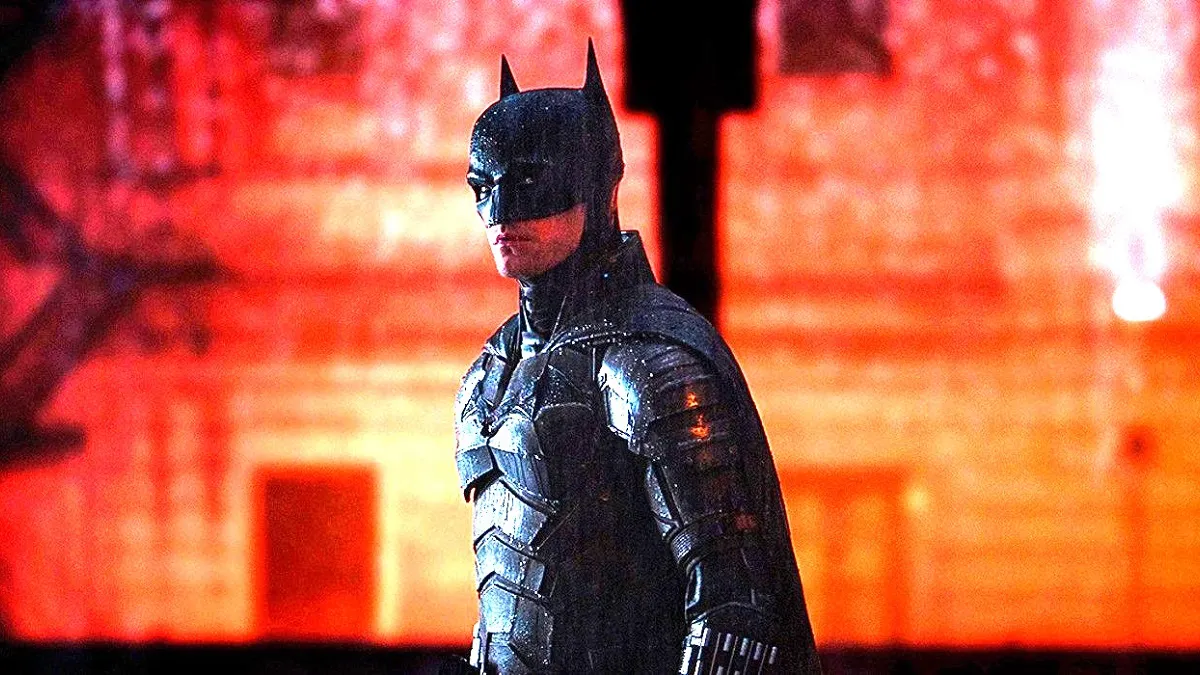
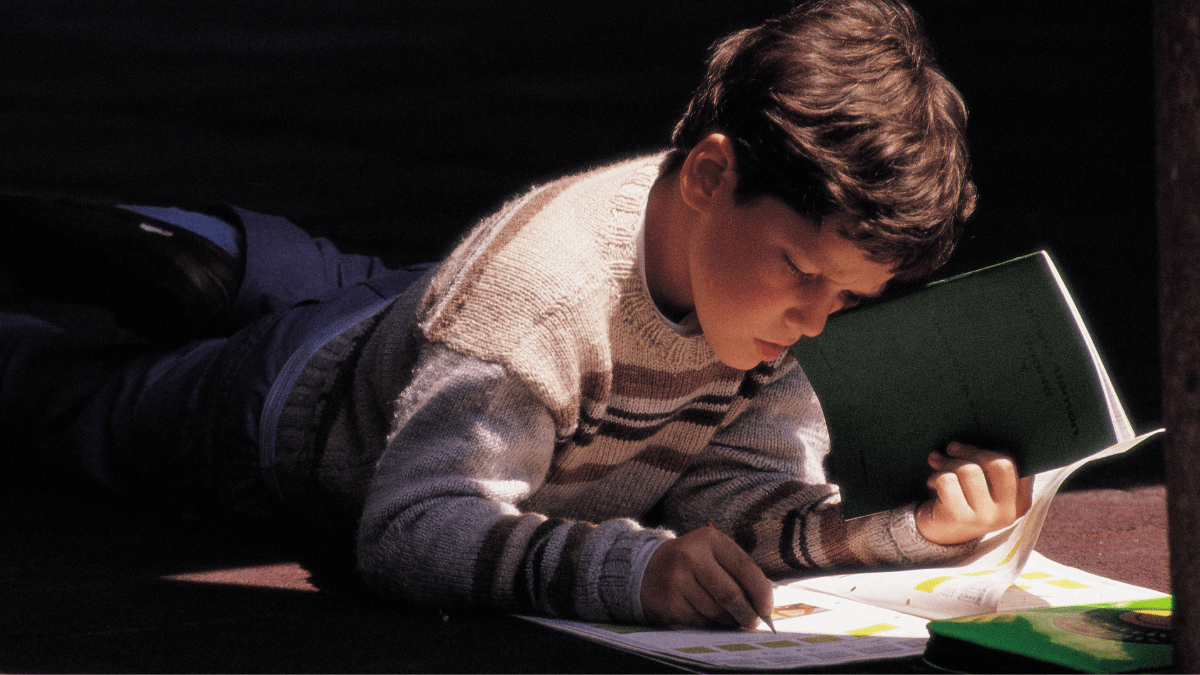
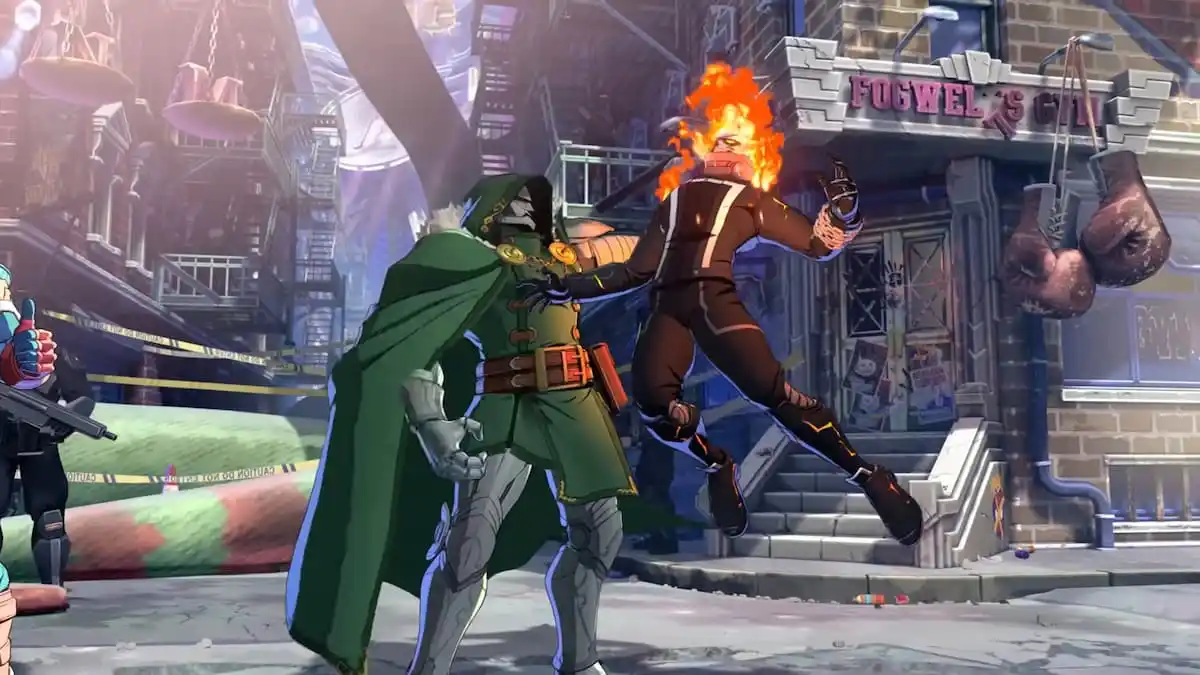
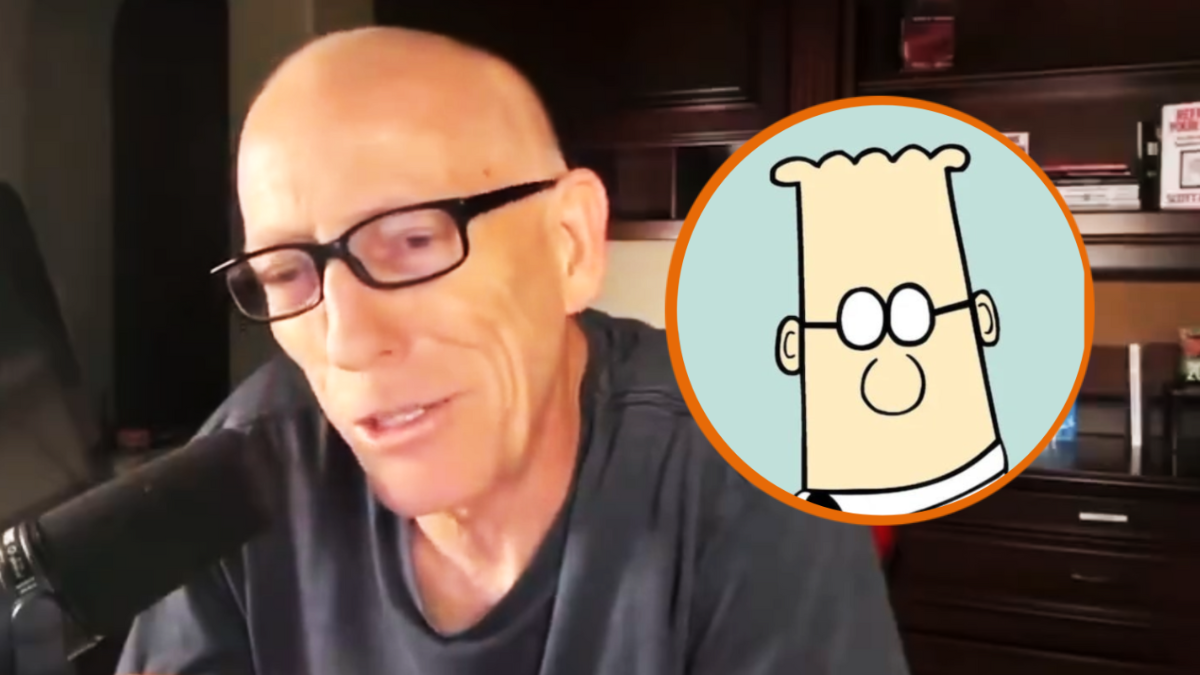

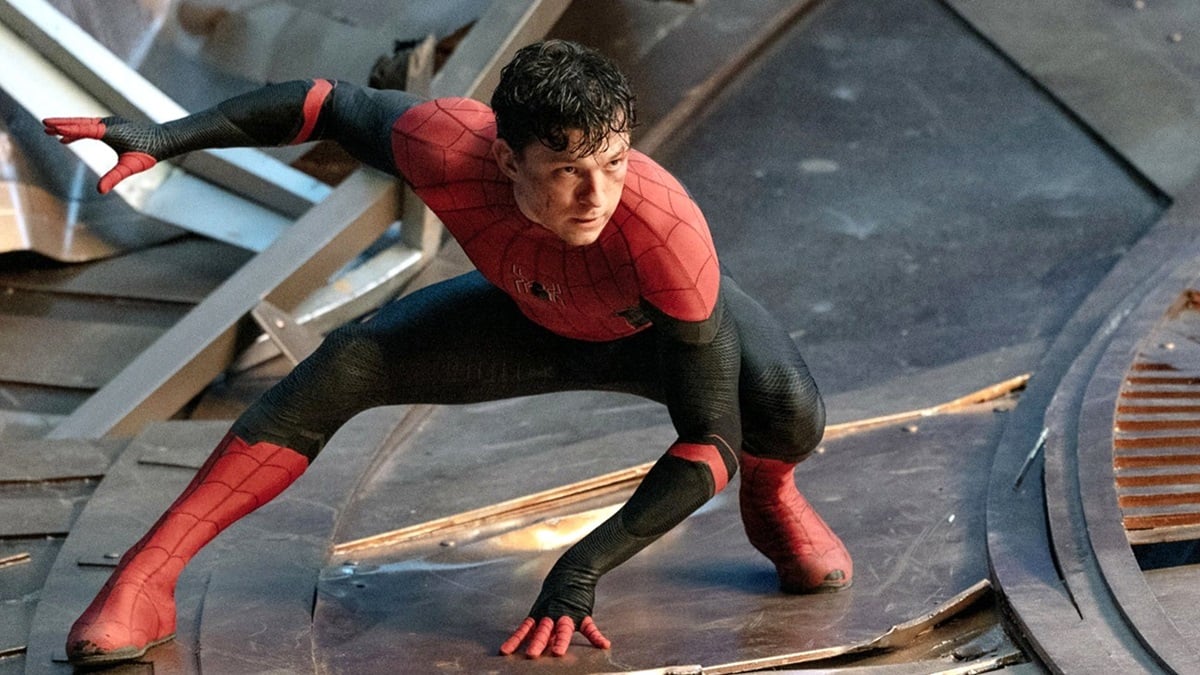
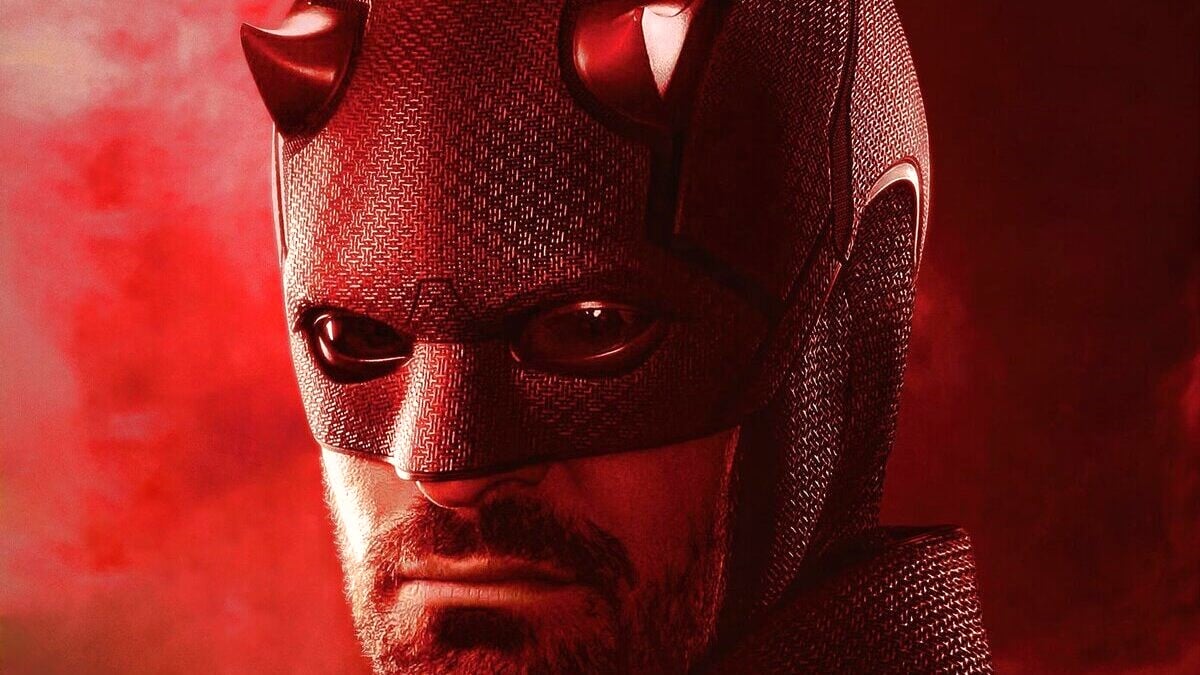
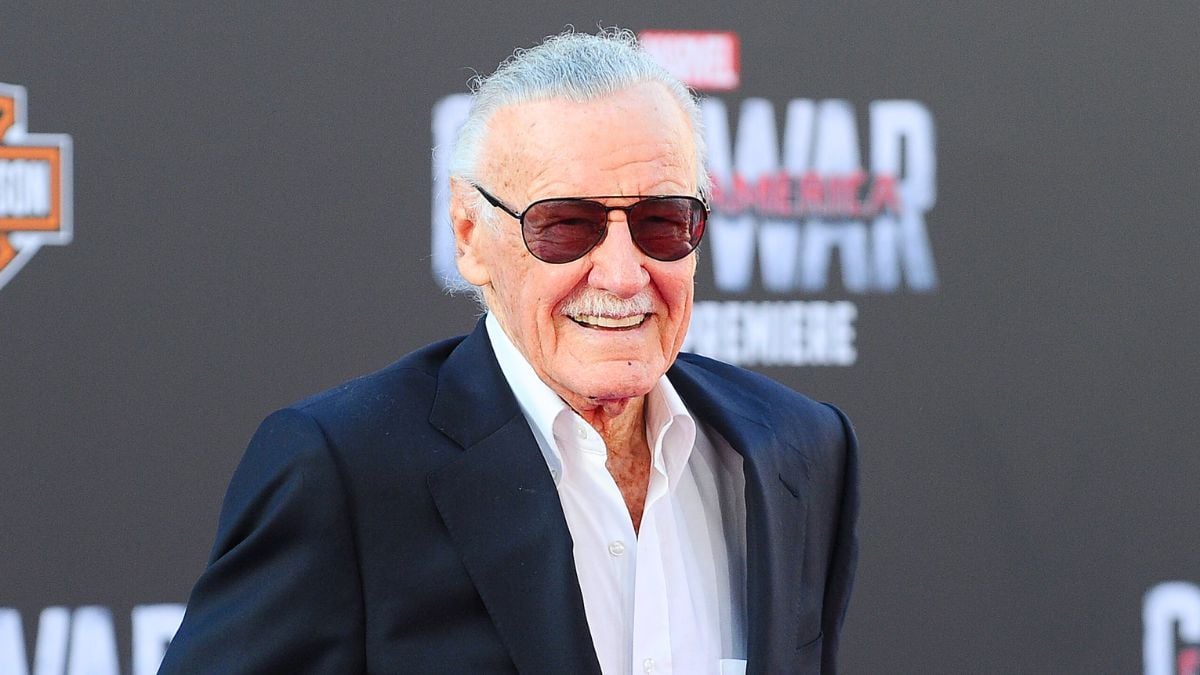
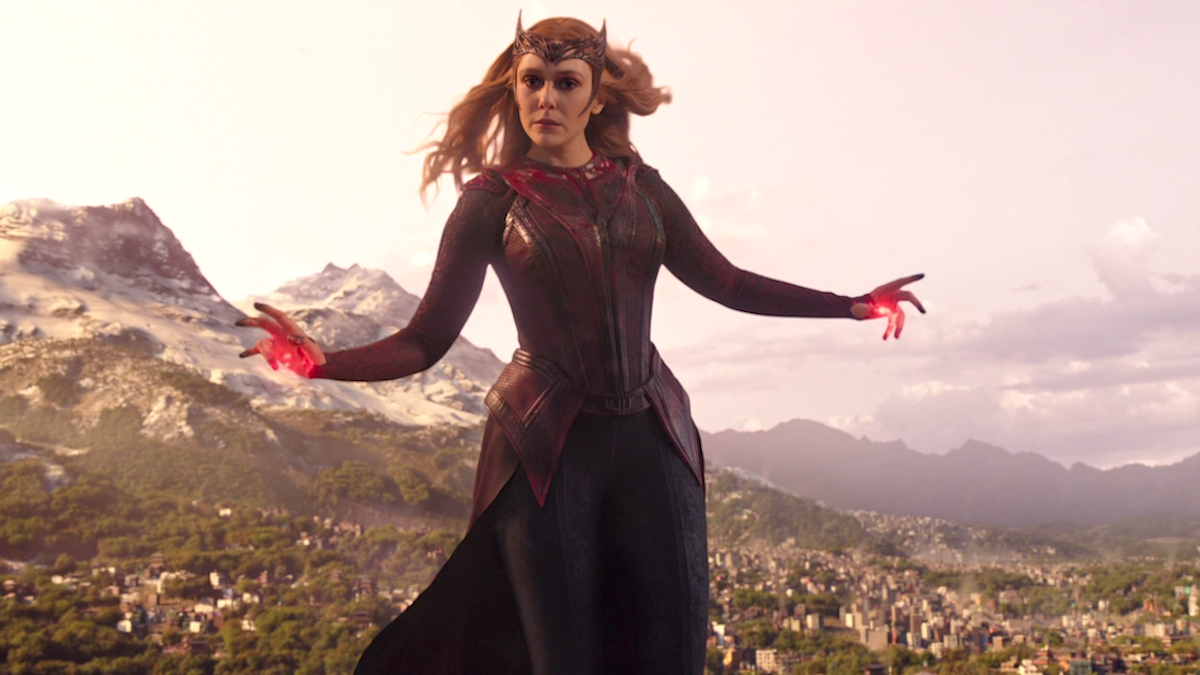

Published: Mar 3, 2022 02:59 pm